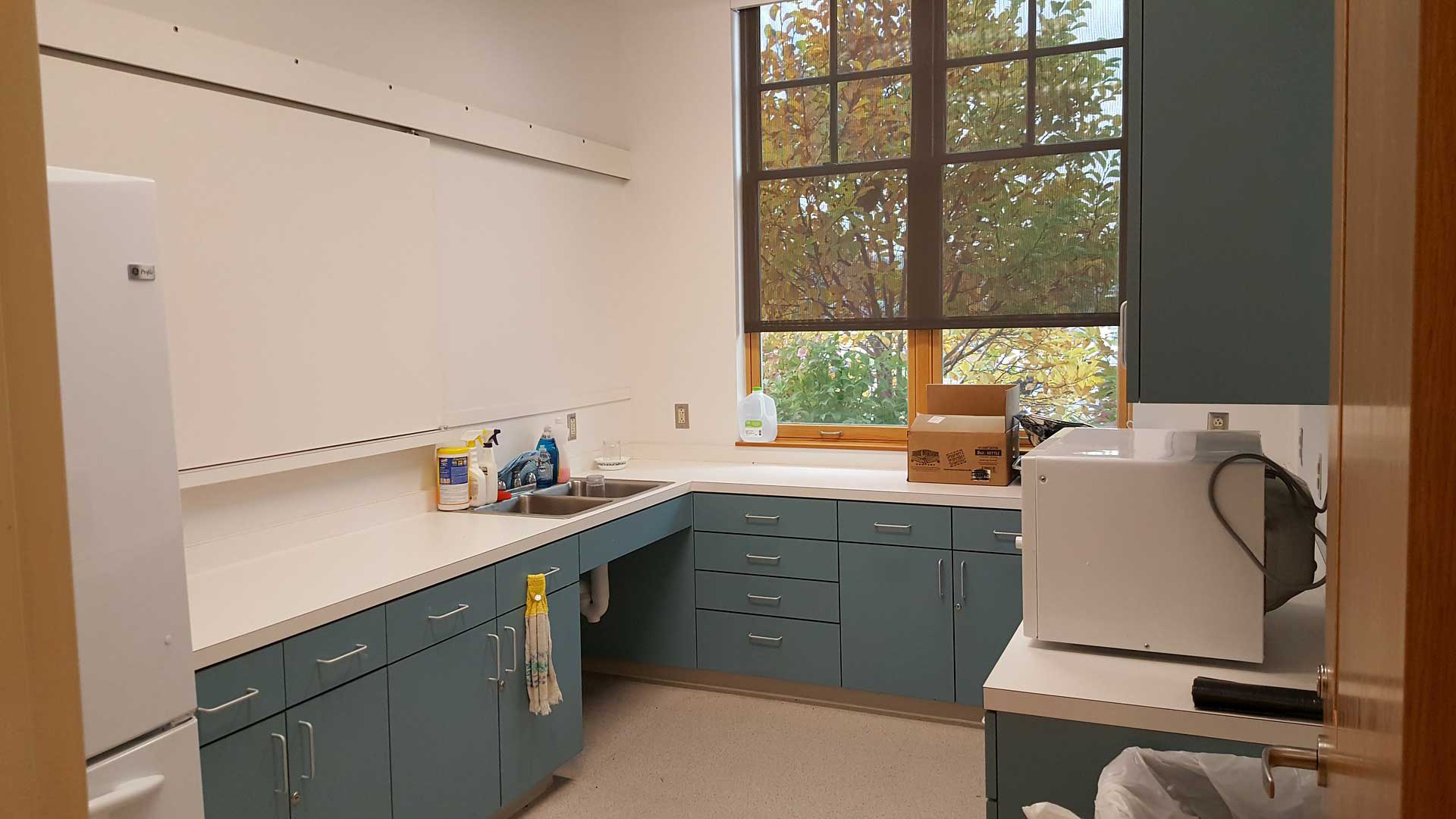Ever since its inception, microwave ovens have an unshakeable reputation of somehow being bad for your health. After all, it uses microwaves – a form of radiation – to heat food. And since radiation = bad, then it follows that microwave ovens are bad for you too, right?
According to scientists, that may not be the case. Microwaves use electromagnetic radiation to heat foods. While electromagnetic waves are a form of radiation, they are non-ionizing, which means that they will not damage your body’s cells. Apart from that, the amount of electromagnetic radiation emitted by the microwave is far too low to be dangerous to your body.
In this article, we will explain the inner workings of a microwave, and discuss whether it is harmful for you to use it.
How do microwave ovens work?
Microwave ovens work by producing electromagnetic waves with a vacuum tube that is called the magnetron. These waves are reflected within the oven’s interior compartment.
While these electromagnetic waves can easily pass through materials like paper, glass, and ceramics. However, the electromagnetic waves are absorbed by food. The microwave interacts with the water molecules present in food and make them vibrate. These vibrations are what causes the food to heat up.
Is microwave radiation harmful?
Radiation has always had a reputation of being dangerous. After all, isn’t radiation a harmful thing as attested by the Chernobyl disaster? With that said, while a microwave oven does produce radiation, it only produces electromagnetic radiation, and not nuclear radiation.
Microwaves are a kind of electromagnetic radiation that is non-ionizing which means that they do not cause harm to human cells. While the body can absorb microwave energy and thus be heated, this will only occur from long exposures to microwaves at very high levels, which consumer-grade microwave ovens cannot reach.
Apart from that, the design of microwave ovens do a great job at containing these microwaves inside the metal compartments of the oven. Even the glass panel at the front of the microwave prevents stray electromagnetic waves from leaking.
With that said, damaged and rusted microwaves should be disposed as it has a higher probability of leaking.
Will food lose its nutrients in a microwave?
Another persistent myth is that microwaves “zap” the nutrients out of food, leaving you with an edible yet not nutritious food.
However. that may not be the case. First off, heating food – whether in microwave ovens, stoves, or open fires – while making food delicious and kill bacteria, will destroy a few nutrients inside the food. In fact, microwaves may be able to retain more nutrients than other forms of cooking, as the cooking times with a microwave are typically shorter.
Conclusion
I hope that this article dispelled some of the rumors that surround microwave ovens. To keep you safer while using a microwave, make sure that it is properly maintained and does not have any cracks or rust to make sure that the electromagnetic waves are contained inside its compartments.
References
- https://www.who.int/news-room/q-a-detail/radiation-microwave-ovens
- https://www.epa.gov/radtown/non-ionizing-radiation-used-microwave-ovens
- https://www.fda.gov/radiation-emitting-products/resources-you-radiation-emitting-products/microwave-oven-radiation

Miguel Mores worked for 5 years as a member of the product management team for a home appliance company in the Philippines. He started 101appliance to answer the most common customer questions that he has encountered during his time in the industry. He now works in the digital marketing field and manages a small online bookstore on the side.


Miguel mores this is a great sort of information appreciated you effort everyone must have knowledge about the harms of microwave oven